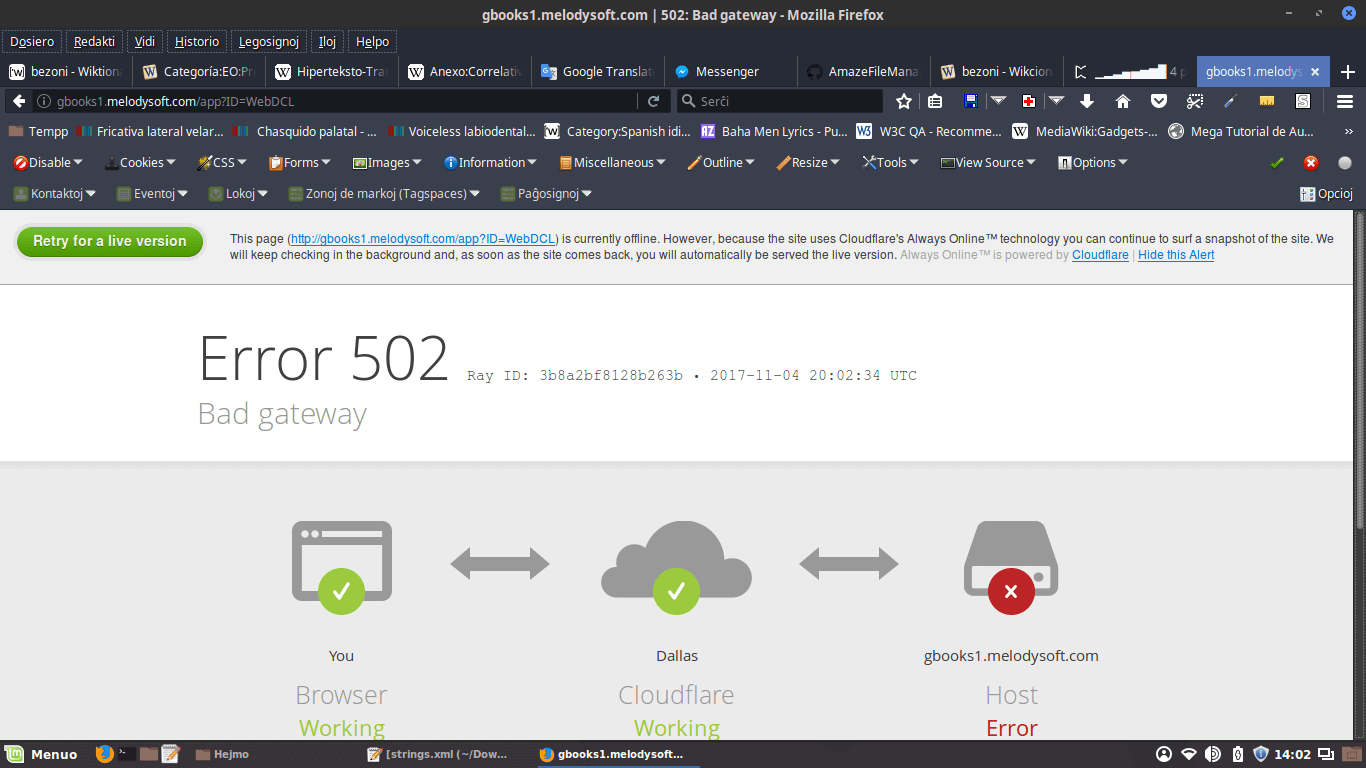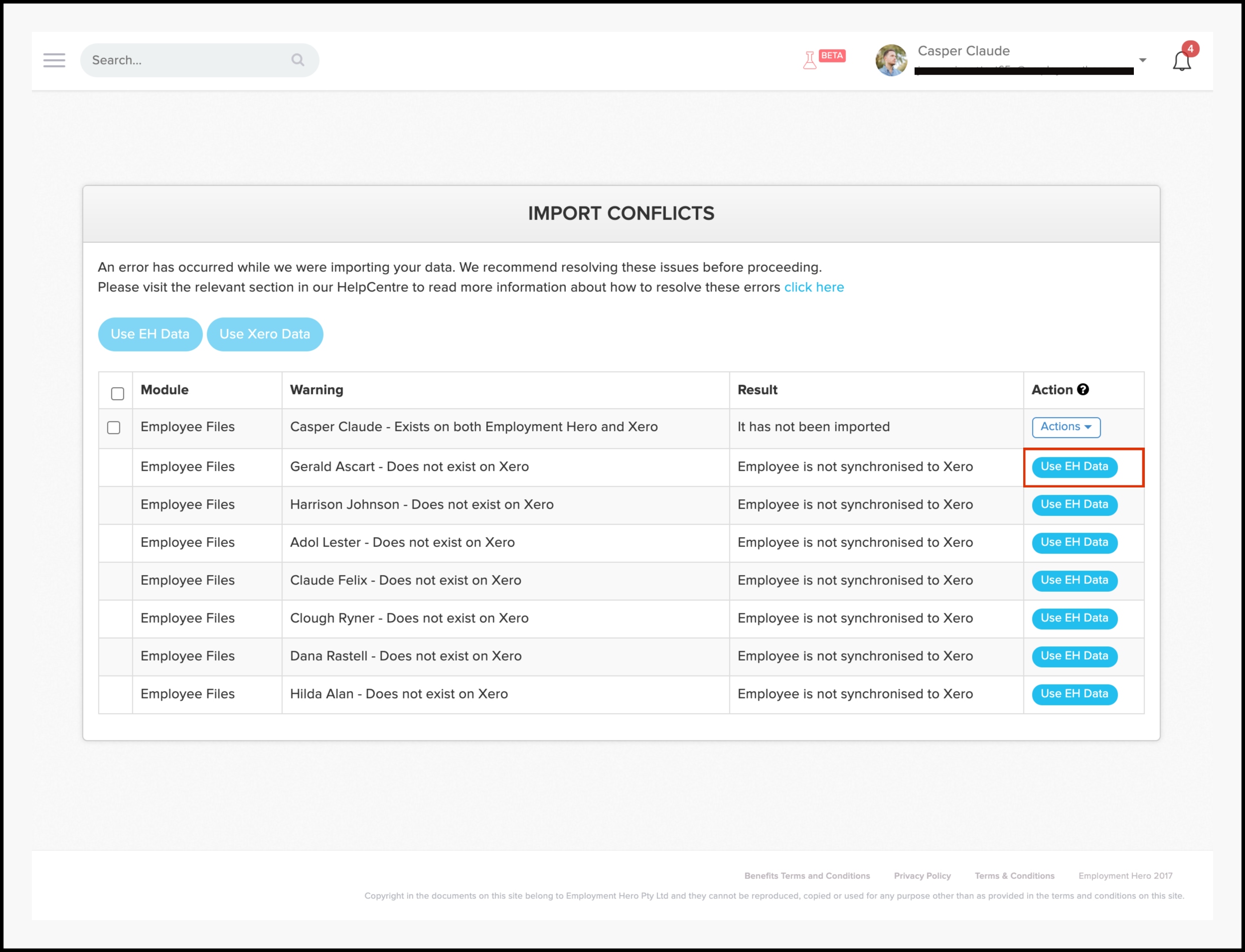
From the drop-down menu, go to ‘Reset & clean up’ and select ‘Reset settings to their original defaults’.In Chrome settings (by now, I expect you to already know where this is), click on ‘Advanced’.Steps To Restore Default Settings In Chrome To hit reset on your Chrome browser, follow the steps given below. This can potentially resolve your HTTP issue. In certain cases, starting from scratch with a clean browser helps nullify any problem-causing setting tweak you might have done in the past. Restore Default Settings to Fix 502 Bad Gateway ErrorĪlthough getting rid (temporarily) of cache, cookies, and extensions might make your browser look “default,” it won’t truly resemble a default browser until all the factory settings are restored as well. From there, turn off the toggle for each extension currently enabled in your browser. Now, the ‘Extensions’ tab will load up.Those who typed in the address can skip this step. If you clicked on the “Extension” icon, you now need to select ‘Manage Extensions’ from the menu that pops up.In Chrome, click on the “Extensions” icon (left of the profile icon) or just enter “chrome://extensions” (without inverted commas) in the address bar.Steps To Disable Plug-ins And Extensions On Chrome Use this way to narrow down the plug-in/extension causing the problem and then exclusively disable it. If it does, keep enabling your disabled features one-by-one and keep checking if the site still functions. Initially, disable all the plug-ins and extensions (steps mentioned after this paragraph) and check if the site works. Now, I know you don’t want to give up on your cherished ad-blocking extension, so I’ll tell you the best way to go about this. While these added features are useful, they can also interfere with your browsing experience if you run into a bug.

Plug-ins and extensions are some cool extras we get with certain browsers.



To fix this, you have to clear your browser cache. Sometimes, this data (called “cache”) gets corrupted, which could cause a 502 error. Your browser intuitively stores temporary data of the web pages you often visit to speed up loading time.


 0 kommentar(er)
0 kommentar(er)
